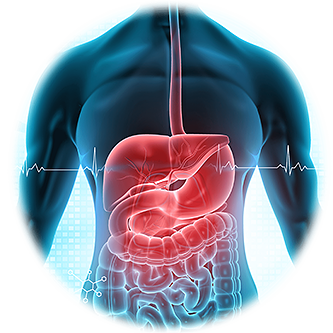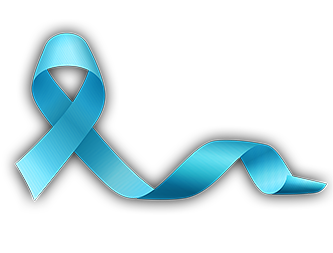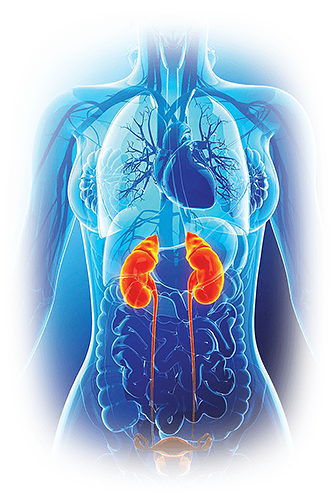Login
For Clinician Providers
For Clinician Providers
For Patients
COVID-19 Testing Inquiries
For more information; please call 908.474.1004 extension 111 or please email [email protected]
Interested in learning more about how you could begin testing your patients or employees? Please complete either our PHYSICIAN or EMPLOYER inquiry forms below and we will reach out to you as soon as possible.
If you have been in close contact with a person who recently tested positive for COVID-19, if you have symptoms (fever, cough and/or shortness of breath), or have recently traveled to or from an infected area, you should reach out to your physician, or any other healthcare provider, to be tested.
Ordering options:
- Novel Coronavirus Disease (COVID-19) (Test Code: C455)
- Self-Pay price for patient $100.00
- Expedited Flu panel (Test Code: U650)
- Respiratory Pathogen Panel (Test Code: RPP)
Reflex Panels:
- RPP (Respiratory Pathogen Panel) if negative, reflex to COVID-19 (Test Code: C459)
- Flu panel, if negative, reflex to RPP, if negative, reflex to COVID-19 (Test Code: C499)
- Flu panel, if negative, reflex to RPP (Test Code: C458) COVID-19
Novel Coronavirus COVID-19 Antibody Test
Qualitative detection of the COVID-19 IgG and IgM in human serum
Antibody Testing for COVID-19
As the country starts to see positive signs that the mitigation efforts, like stay-at-home orders and social distancing, are working in our fight against the COVID-19 pandemic, the question of when we can return to work and resume our normal activities is one of the most critical issues facing our nation.
Antibody tests – also known as serological tests – may have the potential to play a role in this complex calculation. Results from these tests can help identify who has been infected and developed antibodies that may protect from future infection as well as identify those still at risk. Results can also help inform who may qualify to donate blood that can be used to manufacture convalescent plasma, an investigational product for use with those who are seriously ill from COVID-19.
How the Serological Tests Work
lgG is the most abundant, and long lasting, immunoglobulin to be produced in response to an antigen and is maintained in the body after initial exposure.
lgM is typically, the first immunoglobulin to be produced in response to an antigen and is primarily detected during the early onset of disease.
Unlike a test designed to diagnose an active COVID-19 infection (the presence of SARS-CoV-2 virus), serological tests can help identify individuals who have developed an immune response to the virus, either as part of an active infection or a prior infection. The tests detect the presence of antibodies in the blood. If specific antibodies are present, that indicate the person has been exposed to the SARS-CoV-2, most likely developed antibodies against it. This may mean that person has, most likely, at least some immunity to the coronavirus. Further clinical evaluation, regarding long-term immunity and/or reinfection, is still under investigation
In the early days of an infection when the body’s immune response is still building, antibodies may not be detected, which is why serological tests should not be used as the sole basis to diagnose or exclude infection with the SARS-CoV-2 virus.
Advantages of coronavirus serologic COVID-19 testing
According to experts, there is a large range of applications for serologic testing.
- Serology can be used to complement the detection of Molecular RT-PCR. It also increases the sensitivity of the evolution of the infection.
- It can help estimate the timing of infection. As knowledge develops about the immunity to potential reinfection of patients having previously contracted COVID-19 and recovered, antibody testing may provide information about statistically reduced contagion risks of and from these persons
- It could help identify donors of plasma from recovered patients that can be transfused into COVID-19 patients, as a potential treatment.
- As the pandemic unfolds, serosurveys can closely track what percentage of the population has become infected, in each city or region. Serosurveys may also help efforts to develop vaccines and therapies.
- The assays are an ideal supplement for direct pathogen detection and are a valuable tool for epidemiological studies.
Per the aforementioned guidance, the following statements are required
- Negative results do not rule out SARS-CoV-2 infection, particularly in those who have been in contact with the virus.
- Follow-up testing with a molecular diagnostic should be considered to rule out infection in these individuals.
- Results from antibody testing should not be used as the sole basis to diagnose or exclude SARS-CoV-2 infection or to inform infection status.
- Positive results may be due to past or present infection with non-SARS-CoV-2 coronavirus strains, such as coronavirus HKUl, NL63, OC43, or 229E.
COVID-19 ANTIBODY TEST
TEST CODE C480
SPECIMEN REQUIREMENT 1 SST
TURNAROUND TIME 24-48 HOURS



